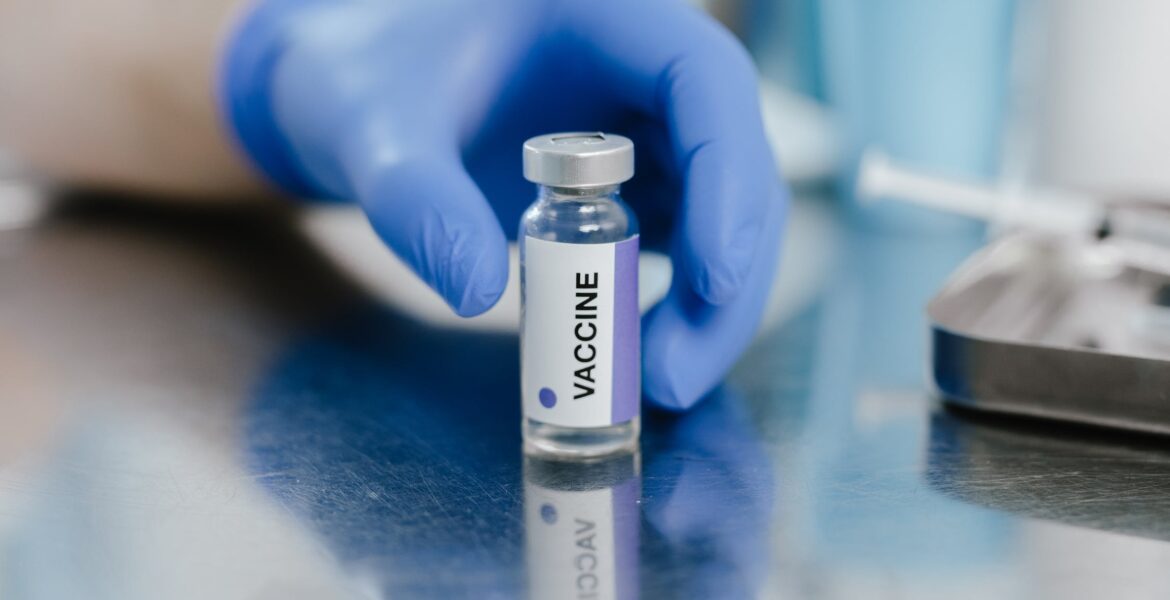The world is facing a vaccine apartheid as the privatization and monopolisation of vaccine science and technology and profiteering by pharmaceutical corporations create today’s
scarcity and inequality, LAWRENCE SERETSE reports.
Pharmaceutical corporations are accused of profiteering off COVID-19 vaccines as rich countries block faster and cheaper routes to global vaccination. This is according to a policy brief report titled The Great Vaccine Robbery published yesterday by Oxfam.
The policy report’s release coincides with last week’s comments by Assistant Health Minister Setlhomo Lelatisitswe who confirmed that President Mokgweetsi Masisi had called the COVAX facility a scam for delays in delivery of vaccines as well as shortages in procured supplies.
The report says that the lifesaving vaccines for COVID-19 – funded largely by the public – have been privatized and monopolised giving pharmaceutical corporations the power to charge excessive prices.
“The cost of vaccinating the world against COVID-19 could be at least five times cheaper if pharmaceutical companies weren’t profiteering from their monopolies on COVID vaccines,” authors of the policy brief Anna Marriott and Alex Maitland pointed out.
In their findings they allege that new estimates of the cost of production for the successful mRNA COVID vaccines suggest they can be produced for as little as $1.18 (P13.00) a dose. COVAX, the scheme set up to help countries get access to COVID vaccines, has been paying, on average, nearly five times more for its doses. Available reported prices suggest that governments worldwide are paying between 4 and 24 times more than they could be for COVID-19 vaccines.
It is against this backdrop that last week Friday, Health Minister Edwin Dikoloti revealed that Botswana government was paying the equivalent of $29 (P318) a dose for U.S. company Moderna’s shot and $15 (P164) a dose for the COVID-19 vaccine developed by China’s Sinovac Biotech. Moderna and Pfizer are mRNA type of vaccines while Sinovac is categorized as inactivated type.
Botswana has been struggling to procure enough vaccines in the global scramble for doses, with coverage secured through World Health Organization (WHO) and African Union (AU)-backed schemes such as COVAX falling short of the continent’s needs.
Lelatisitswe told this publication that COVAX prioritization was disappointing their agreement, “So far we have bought enough vaccines to vaccinate the population but our biggest challenge right now is the delivery and arrival of these vaccines.”
This policy report, which was conducted by The People’s Vaccine Alliance – a global movement of organisations, world leaders and activists united under a common aim of campaigning for a ‘people’s vaccine’ for COVID-19 that is supported by over 2 million activists worldwide and 175 former world leaders including Nobel prize winning scientists, echoes statement made by President Masisi and Lelatisitswe that rich countries are hoarding vaccines unfairly at the detriment of developing nations.
TOO EXPENSIVE TO SHOP
“Pharmaceutical corporations are free to prioritise the most lucrative high-priced contracts with rich countries at the direct expense of protecting more lives in more countries. Despite rising infections and deaths across many developing countries, Pfizer/ BioNTech and Moderna have allocated more than 90 per cent of their supplies to rich countries. The COVAX scheme and developing country governments cannot possibly compete with the high prices willingly paid by rich countries and so are pushed to the back of the vaccine queue. Less than 1 per cent of people in low income countries have had a vaccine,” reads the summary of the policy report.
To date, the Botswana government says it has paid directly to the manufacturers P192,234,882, for COVID-19 vaccine procurement while on the ground it has only fully vaccinated around 124,000 of its 2.3 million population.
In his complaint the Assistant Minister said that the COVAX facility had only delivered 82,000 doses despite an upfront payment to secure far more doses.
An AU arrangement is expected to deliver over 1.1 million doses of Johnson & Johnson’s vaccine in the third and fourth quarters.
So far Botswana has signed agreements with Moderna to secure 500,000 doses, for their vaccine at a total cost of P140, 440, 000 and with Sinovac for an amount of P30,000,000 for 200,000 doses which were fully delivered in July 2021. At P16 million, Bharat in India will deliver 100 000 doses of the COVAXIN vaccine while talks with Pfizer for a possible 2 million doses are ongoing.
PUTTING PRESSURE
Anna Marriott, Oxfam’s Health Policy Manager, said in the report that: “Pharmaceutical companies are holding the world to ransom at a time of unprecedented global crisis. This is perhaps one of the most lethal cases of profiteering in history.”
The report says that as the IMF, COVAX, and its co-ordinators Gavi, the Vaccines Alliance, and CEPI (The Coalition for Epidemic Preparedness Innovations) must take significant responsibility for their failure to call out pharmaceutical corporations to drive vaccine prices down, and for their failure to challenge vaccine monopolies.
Lastly, in the policy report the Alliance also called out the EU, UK and Germany to stop blocking the proposal by South Africa and India on temporary suspensions of intellectual property rules for all COVID-19 technologies.




